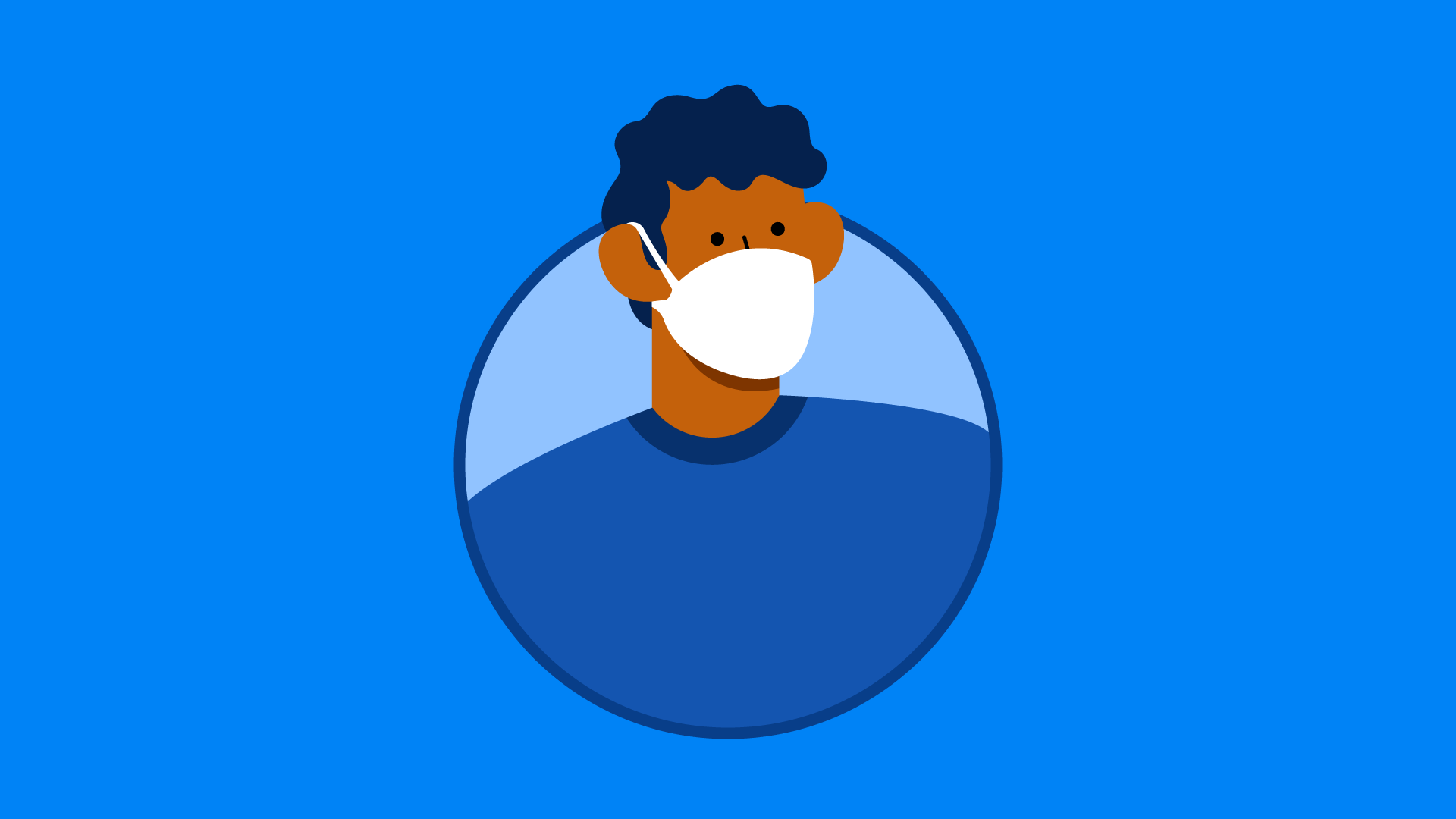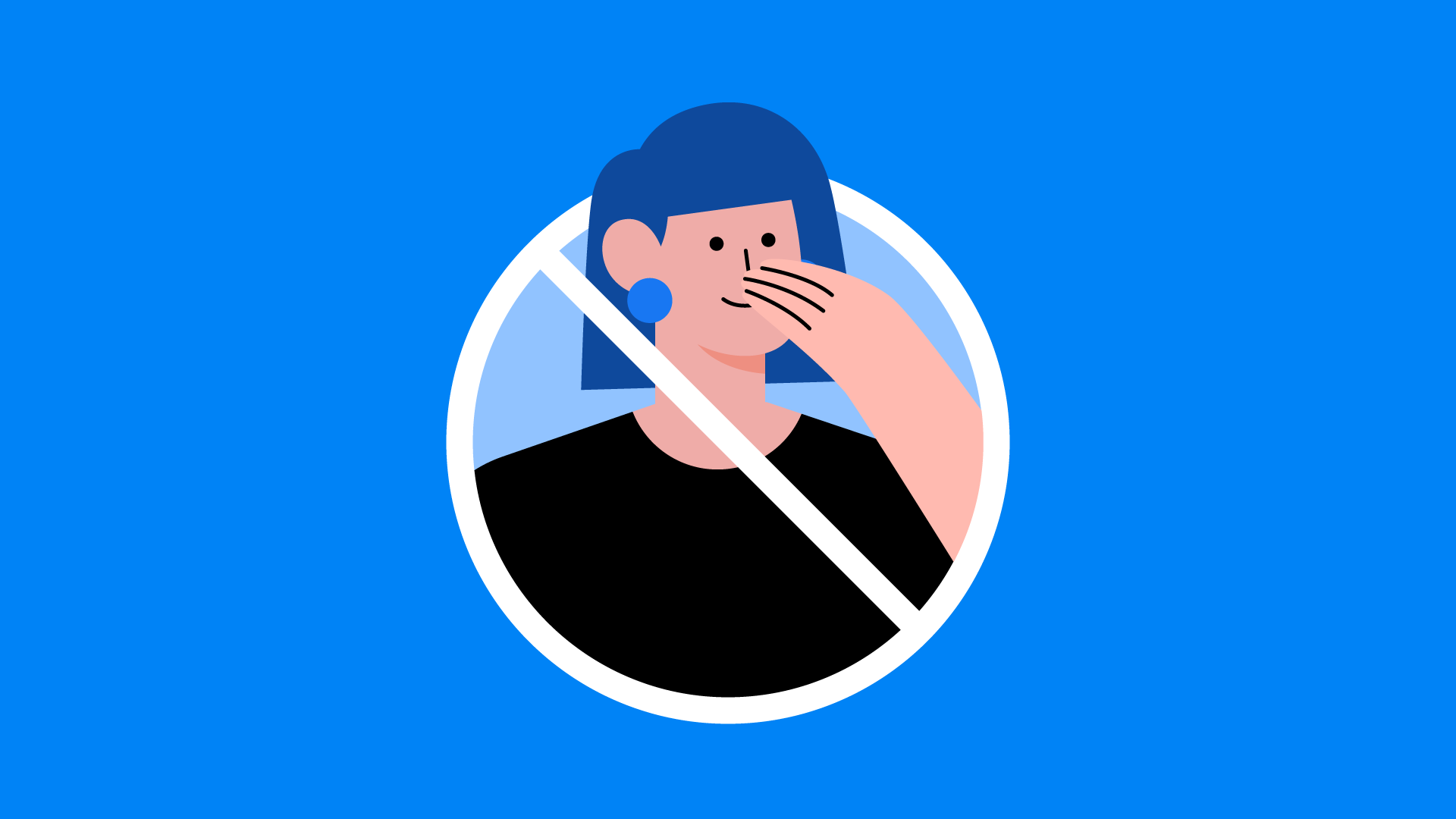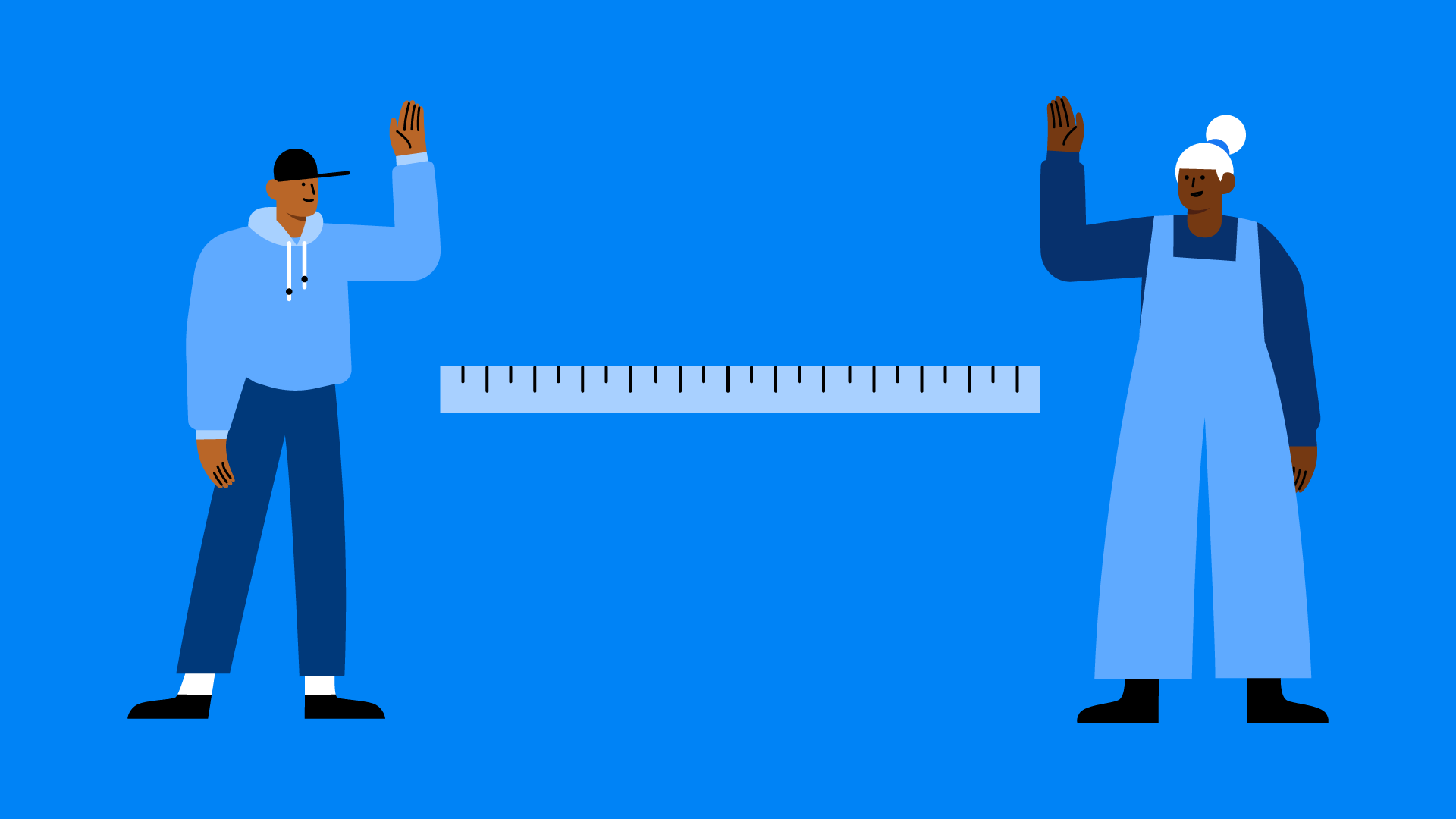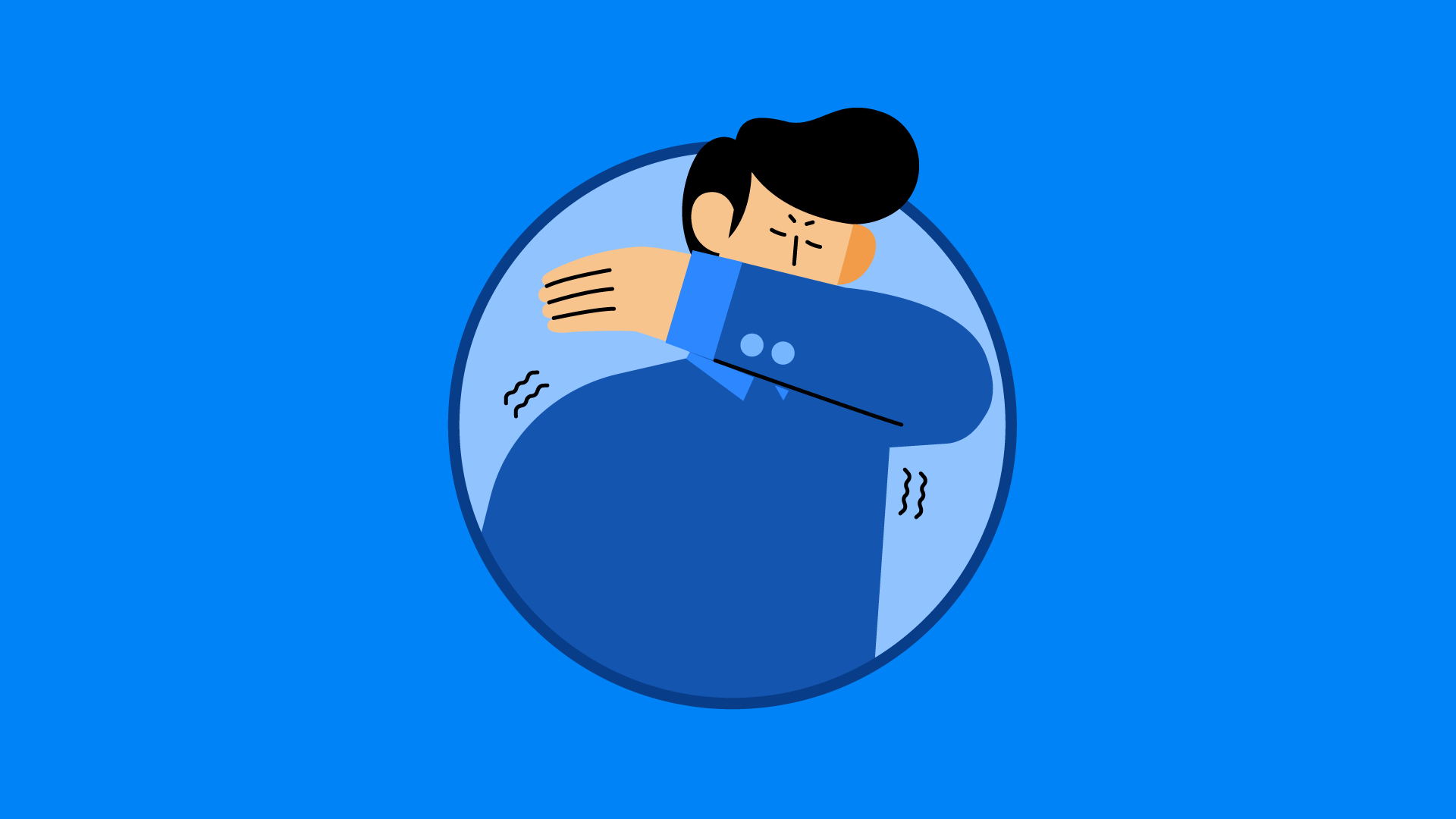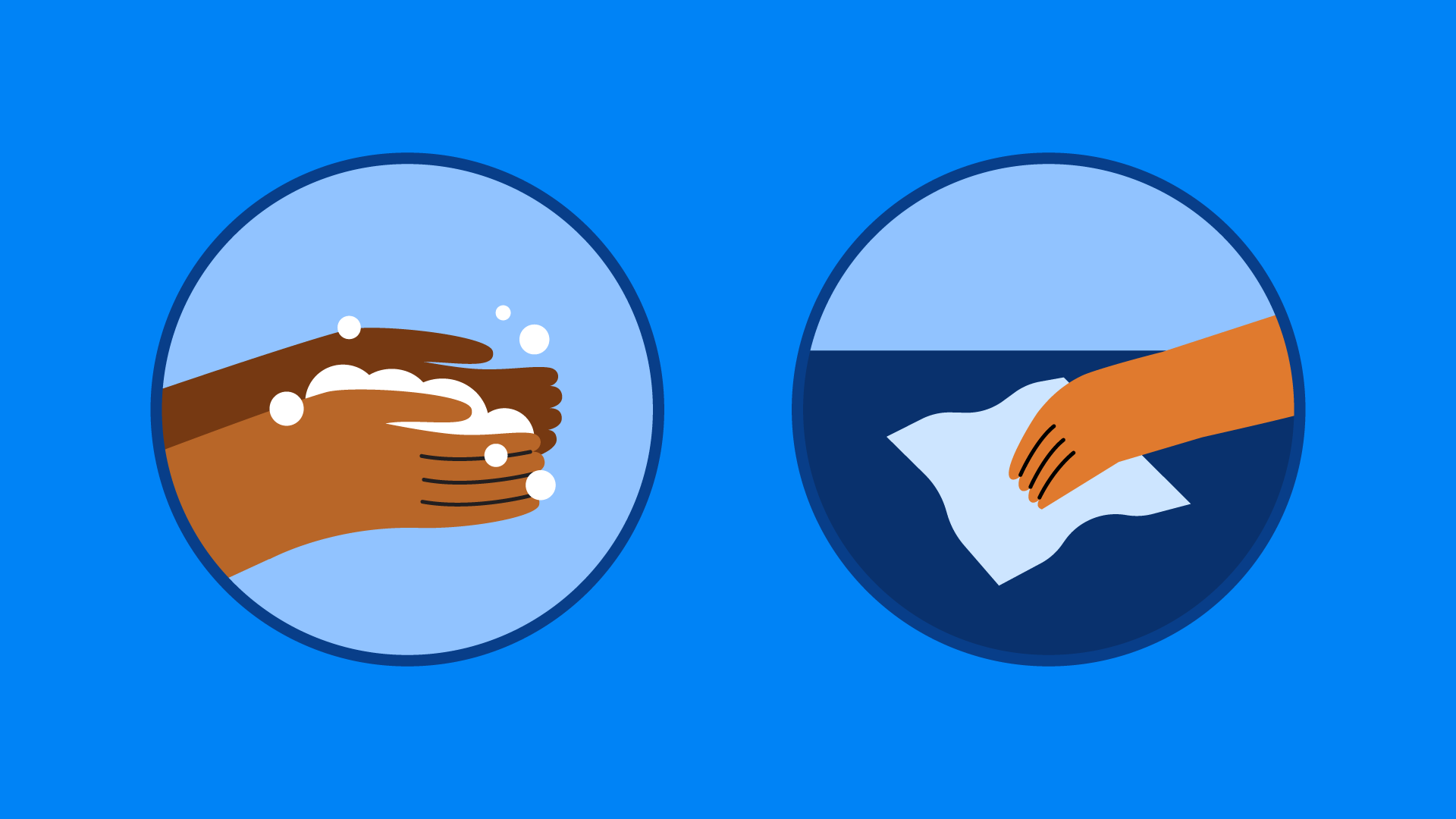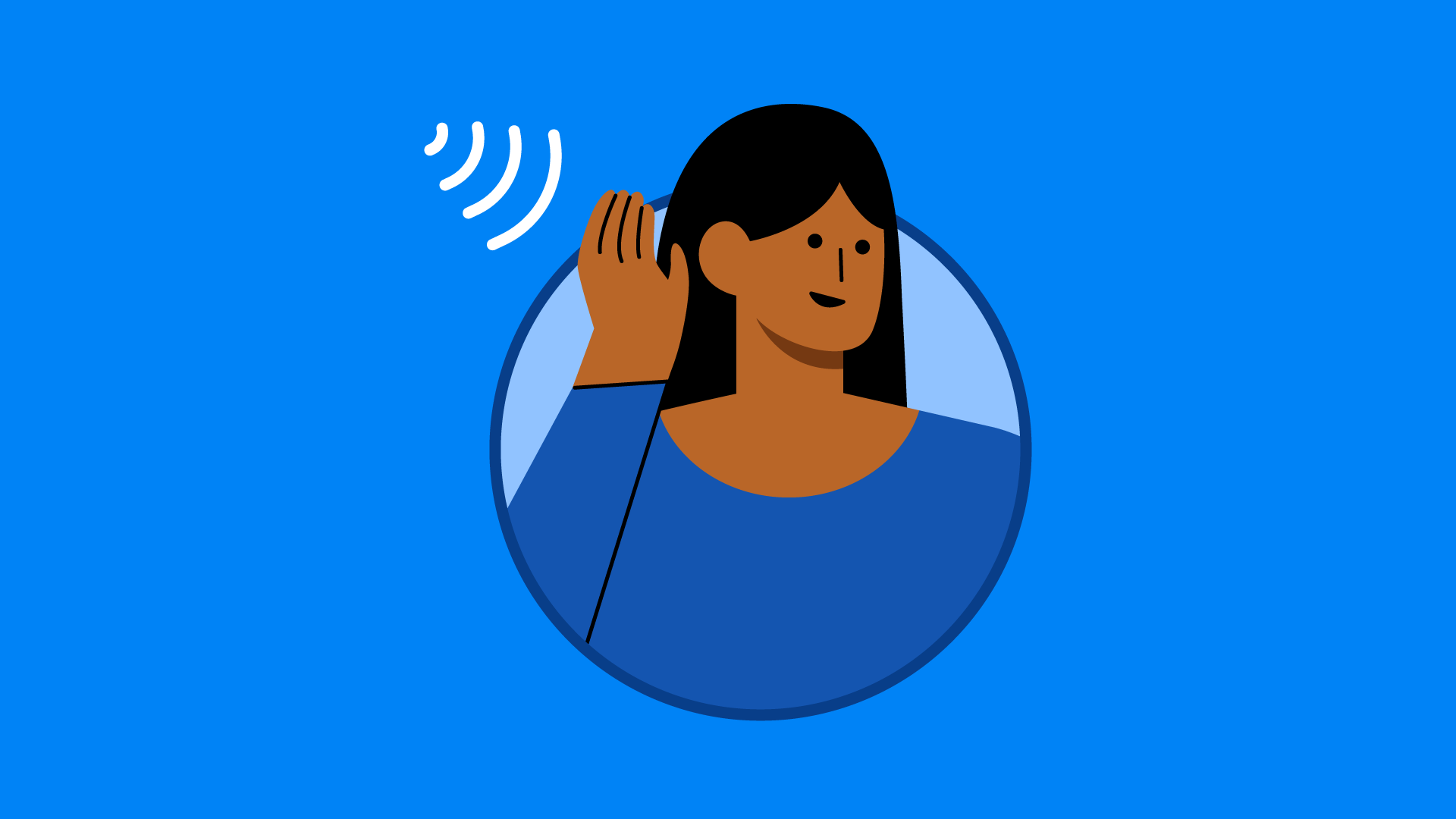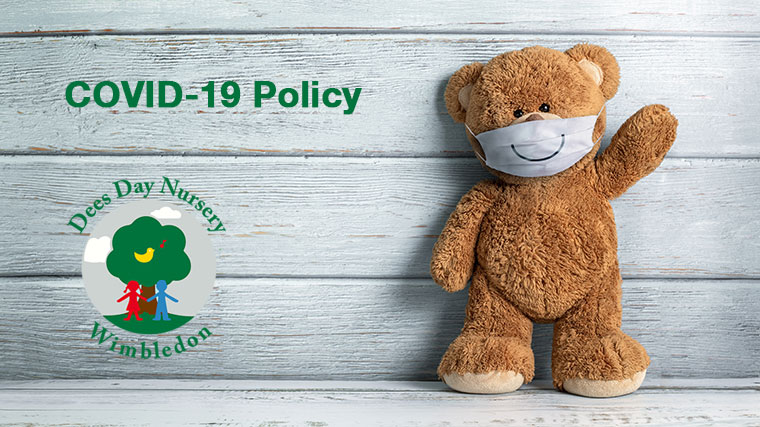
Precautions, Practice & Procedures
This COVID-19 Policy outlines: Dees Day Nursery’s (Wimbledon) response in relation to the Coronavirus Pandemic 2020. It follows to the best of our ability guidelines set out by the UK Government and the Department of Education.
- These procedures and measures will be subject to change due to updated advice and guidance from the government and relevant medical and educational authorities.
- The setting will remain open unless directed to close by the Government or Local Authority.
- If closed due to lockdown measures the setting will remain open to support the children of critical workers (as defined by the government) and vulnerable children. If the setting is unable to open for these children they will be directed to alternative provision.
https://www.gov.uk/government/publications/coronavirus-covid-19-maintaining-educational-provision
What is Covid-19 / Coronavirus?
The World Health Organisation gives the following overview: Coronavirus disease (COVID-19) is an infectious disease caused by a newly discovered coronavirus. Most people infected with the COVID-19 virus will experience mild to moderate respiratory illness and recover without requiring special treatment. Older people, and those with underlying medical problems like cardiovascular disease, diabetes, chronic respiratory disease, and cancer are more likely to develop serious illness.
The best way to prevent and slow down transmission is be well informed about the COVID-19 virus, the disease it causes and how it spreads.
Protect yourself and others from infection by washing your hands or using an alcohol-based rub frequently and not touching your face.
The COVID-19 virus spreads primarily through droplets of saliva or discharge from the nose when an infected person coughs or sneezes, so it is important that you also practise respiratory etiquette (for example, by coughing into a flexed elbow).
At this time, there are no specific vaccines or treatments for COVID-19. However, there are many on-going clinical trials evaluating potential treatments. WHO will continue to provide updated information as soon as clinical findings become available.
Check the NHS website if you think you or your child may have symptoms or view the information at the end of this document: https://www.nhs.uk/conditions/coronavirus-covid-19/symptoms-and-what-to-do
How to stop infection spreading
There are things you can do to help reduce the risk of you and anyone you live with getting ill with coronavirus.
What the Nursery Will Do
The children’s safety and well-being is our main priority as a staff team and all appropriate measures will be taken to support this.
Any staff experiencing symptoms will self-isolate for 14 days. Anyone living with someone who is experiencing symptoms will self-isolate for at least 14 days.
Use the test booking portal system to book COVID 19 Tests for staff with suspected cases:
https://www.gov.uk/guidance/coronavirus-covid-19-getting-tested
A confirmed case or outbreak will be reported to the Local Authority and Public Health England in line with Government guidance and will require the group of children the child was in (bubble) and all staff/children to self-isolate. We will also review if the rest of the setting needs to close should any more children/staff have symptoms.
Staff will wash hands on arrival at nursery and frequently throughout the day.
At least 4 times a day staff will clean surfaces such as taps and door handles antibacterial spray. (more frequently as required)
Where possible staff will carry out social distancing measures. (Never at the risk of a child’s well-being)
Staff will be provided with PPE for use in the setting (if a child becomes unwell) in line with DfE and PHE guidance.
See document: PPE provision in schools during Covid-19 isolation phase activity
All toys will be frequently sterilized and disinfected (Daily)
As far as possible soft furnishings will be very limited in the setting
Events such as Open Day/Sports Day/Graduation Day will be cancelled.
Drop off and Collection procedures will be amended (See section below)
Paediatric First Aid requirements will be met at all times (See Appendix 1)
The setting will keep up to date with advice and directions from appropriate bodies and will amend practice and procedures accordingly.
What Parents Will Do
Parents will not bring children to setting if they or someone in their household is unwell or experiencing symptoms of Coronavirus.
Parents will inform setting immediately of any confirmed cases of Corona Virus
If possible, children will only use waterproof, wipeable bags to bring items into the setting
Ensure all children’s belongings are clearly labelled with their names and that all children have sufficient spare clothing
Their comfort toy/blanket is washed on a daily basis.
What Children Will Do
It is impossible to ask very young children to carry out social distancing measures but they will be supported to stay as safe at the setting as possible.
Where possible children’s bags containing spare clothes etc. should be waterproof and easy to wipe down
Children will thoroughly wash hands on arrival at Nursery before playing or touching any toys.
Children will wash hands regularly throughout the day, especially before eating.
Large group times will not occur, instead children will join in smaller groups for Circle Time and teacher led activities. These will take place in larger spaces and outdoors as much as possible and children will stay with the same adult in their ‘bubble’.
Regular sessions with a focus on hygiene, handwashing and spread of germs will take place to support children’s understanding. Songs games and stories will be used to support this.
Children will not bring any food or drink into the setting (Milk for babies/Allergies). They will not share food or drink.
Procedures for Coming Back to Setting After Closures
Once directed to open by the Government/Local Authority the setting will manage a staggered start. The setting will be open to all children as outlined.
Setting procedure:
The setting will contact all parents prior to opening the setting will collate numbers intending to attend.
The setting will respond with a plan of staffing and staggered arrival according to numbers. If not safe for all to start at once then priority will be given to:
- Children of Keyworkers
- Vulnerable children
- Children with SEND
- 2 Year Old Funding
- 30 Hour Children
- 3 & 4 year olds
Drop Off & Collection Procedures
To minimise the risk of spreading infection and in creating ‘Gatherings’ of people, parents will not be admitted into the building unless by prior arrangement.
On Arrival:
When arriving at Nursery please try to keep your distance from others by forming a line along the pavement and standing 2 metres apart
Children will be admitted to the setting 1 at a time (other than siblings)
Parents will wait for a member of staff to come and welcome them near our entrance (buggy storage) area.
Parents will check in our NHS QR code (Staff/Visitors will also check-in)
Can we please encourage one parent at a time for picking and dropping children at Dees.
NHS Advice
Self-isolation if you or someone you live with has symptoms-Coronavirus (COVID-19)
Self-isolation helps stop coronavirus spreading
Do not leave your home if you have symptoms of coronavirus (COVID-19) or live with someone who does. This is called self-isolation.
If you are self-isolating, you must:
- not leave your home for any reason – if you need food or medicine, order them by phone or online, or ask someone else to drop them off at your home
- not have visitors, such as friends and family, in your home
You can use your garden, if you have one. Any exercise should be taken at home.
Information:
If you're not sure if you need to self-isolate
If you have symptoms of coronavirus (a high temperature or a new, continuous cough), use the 111 coronavirus service to find out what to do.
How long to self-isolate
If you have symptoms
If you have symptoms of coronavirus, you'll need to self-isolate for 14 days.
After 14 days:
if you do not have a high temperature, you do not need to self-isolate
if you still have a high temperature, keep self-isolating until your temperature returns to normal
You do not need to self-isolate if you just have a cough after 10days. A cough can last for several weeks after the infection has gone.
If you live with someone who has symptoms
If you live with someone who has symptoms, you'll need to self-isolate for 14 days from the day their symptoms started. This is because it can take 14 days for symptoms to appear.
If more than 1 person at home has symptoms, self-isolate for 14 days from the day the first person started having symptoms.
If you get symptoms, self-isolate for 14 days from when your symptoms start, even if it means you're self-isolating for longer than 14 days.
If you do not get symptoms, you can stop self-isolating after 14 days.
Coronavirus in children - Coronavirus (COVID-19)
Children can get coronavirus (COVID-19), but they seem to get it less often than adults and it's usually less serious.
What to do if your child has symptoms of coronavirus
The symptoms of coronavirus are:
- a high temperature
- a new, continuous cough – this means coughing a lot, for more than an hour, or 3 or more coughing episodes in 24 hours or loss of taste and smell.
Call 111 If your child has these symptoms.
What to do if your child seems very unwell
Children and babies will still get illnesses that can make them very unwell quickly. It's important to get medical help if you need it.
Urgent advice: Call 111 or your GP surgery if your child:
- is under 3 months old and has a temperature of 38C or higher, or you think they have a fever
- is 3 to 6 months old and has a temperature of 39C or higher, or you think they have a fever
- has other signs of illness, such as a rash, as well as a high temperature (fever)
- has a high temperature that's lasted for 5 days or more
- Does not want to eat, or is not their usual self and you're worried
- has a high temperature that does not come down with paracetamol
- is dehydrated – for example, nappies are not very wet, sunken eyes, and no tears when they're crying
Immediate action required: Call 999 if your child:
- has a stiff neck
- has a rash that does not fade when you press a glass against it (use the "glass test" from Meningitis Now)
- is bothered by light
- has a seizure or fit for the first time (they cannot stop shaking)
- has unusually cold hands and feet
- has pale, blotchy, blue or grey skin
- has a weak, high-pitched cry that's not like their usual cry
- is drowsy and hard to wake
- is extremely agitated (does not stop crying) or is confused
- finds it hard to breathe and sucks their stomach in under their ribs
- has a soft spot on their head that curves outwards
- is not responding like they usually do, or not interested in feeding or usual activities
Appendix 1: Paediatric First Aid
The changes: The requirement for at least one person who has a full paediatric first aid (PFA) certificate to be on the premises at all times when children are present remains in place where there are children below the age of 24 months. Paragraph 3.25 and Annex A of the EYFS set out more detail. However, if children are aged 2-5 within a setting, providers must use their ‘best endeavours’ to ensure one person with a full PFA certificate is on-site when children are present. If after using best endeavours they are still unable to secure a member of staff with full PFA to be on site then they must carry out a written risk assessment and ensure that someone with a current First Aid at Work or emergency PFA certification is on site at all times children are on premises.
‘Best endeavours’ means to identify and take all the steps possible within your power, which could, if successful, ensure there is a paediatric first aider on site when a setting is open, as per the usual EYFS requirement on PFA.
New entrants (levels 2 and 3) will not need to hold a Paediatric First Aid (PFA) certificate within their first 3 months in order to be counted in staff: child ratios, during the COVID-19 outbreak.
Additionally, if PFA certificate requalification training is prevented for reasons associated directly with COVID-19, or by complying with related government advice, the validity of current certificates can be extended by up to 3 months. This applies to certificates expiring on or after 16 March 2020.
Providers remain responsible for ensuring all children in their care are kept safe at all times.
What this means in practice:
For providers with children below the age of 24 months in their care, the requirements around PFA remain the same as in the current EYFS framework, with the exception that during the COVID-19 outbreak new entrants do not need to have a PFA certificate to be counted in ratios. This is in recognition of the greater risk factors for babies and young children in this age bracket, including choking risks and different cardiopulmonary resuscitation (CPR) procedures for those aged 0-1 as set out by the NHS.
For providers who have children aged 2-5 in their care they must use ‘best endeavours’ to have one person with full PFA, as set out in the EYFS, onsite. By best endeavours we mean providers must be able to demonstrate they have identified and taken all the steps possible to appoint a suitable person. This should include liaising with their local authority to find a suitable person, this could include identifying and looking to appoint:
a person with a PFA certificate and Disclosure and Barring Service (DBS) check from a local provider who has closed; or
Looking to secure full PFA training for staff that includes the specific risk factors and techniques required for the care of young children including but not limited to choking, seizures, and issues related to sleeping. Annex A of the EYFS statutory framework sets out the criteria for effective PFA training.
After these actions have been carried out and if it is still not possible for someone with a full PFA certificate to be on site at all times children are present, providers must undertake the following actions in order to remain open:
Carry out a written risk assessment to consider and mitigate the likely occurrence of a serious incident.
- Any person, staff or pupil, showing any symptoms of Coronavirus, or with household members showing symptoms, should stay at home.
- Children with physical conditions putting them at highest risk from Coronavirus should be shielding and not be attending school, and children with household members that fall into this group should also stay at home. Shielding is a measure to protect people who are clinically extremely vulnerable by minimising all interaction between them and others.
- PPE is for the protection of the wearer and should only be used as a last resort. By far the most effective methods to avoid catching Coronavirus is social distancing (keeping minimum 2 metres distance, and thorough and regular hand washing). This is particularly important in managing spread by contact points, such as something that others will have touched, such as toys, equipment, pens, door handles etc. You should also avoid touching your own face before hand washing.
- If providing care involves Aerosol Generating Procedures (AGP) then please consult the relevant government PPE guidance separately. AGPs are specialist care such as suction, ventilation and oxygen. If you are unsure, please consult section 8.1 of the government’s PPE guidance.
- PHE guidance does not recommend any need for PPE for essential staff coming into work locations but not interacting with public/residents.
- This advice is for PPE specifically to protect against Coronavirus. Activities might require PPE to protect against other risks, and this PPE must also be used. Eye/face protection is only required where splashing might occur. If you are in doubt about the need for PPE, talk to your manager.
- PPE should not be re-used, however, should supplies of PPE run low, please be aware that some items of PPE can be reused in line with the government’s guidance if absolutely necessary.
Putting on and Removing PPE
It is also important that any PPE equipment is put on and removed safely so that staff so not contaminate themselves. There is a specific order in which this should be done detailed below:
Putting on (donning)
- Apron
- Eye/face protection (only to be worn if there’s a risk of splashing)
- Gloves
Removal (doffing)
- Gloves
- Apron
A Public Health England COVID-19: Removal and disposal of Personal Protective Equipment (PPE) video is also available.
Common prevention tips
Protect yourself and others
Last Updated 12/10/2020

